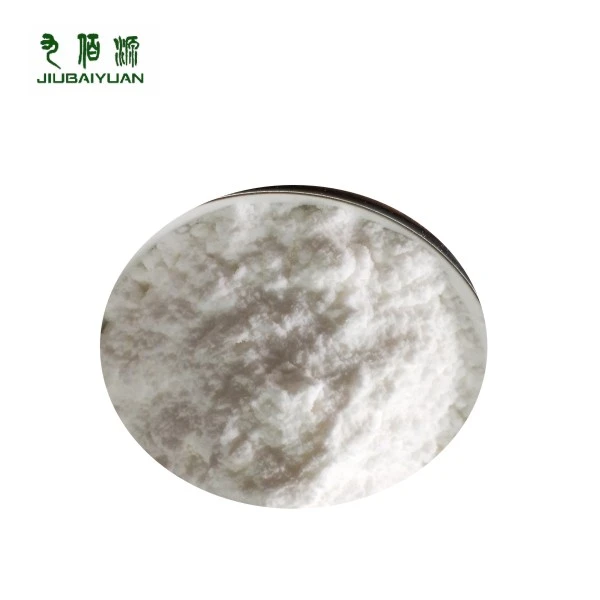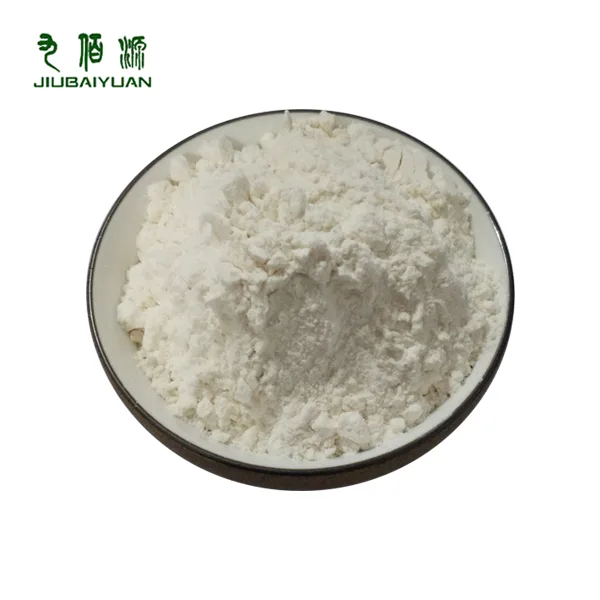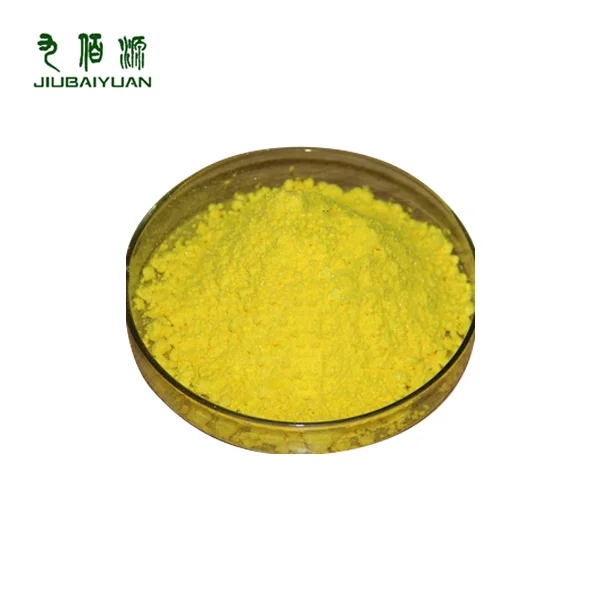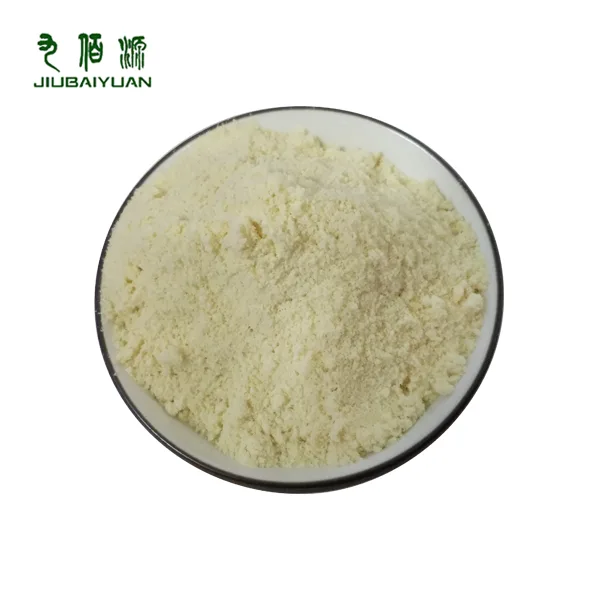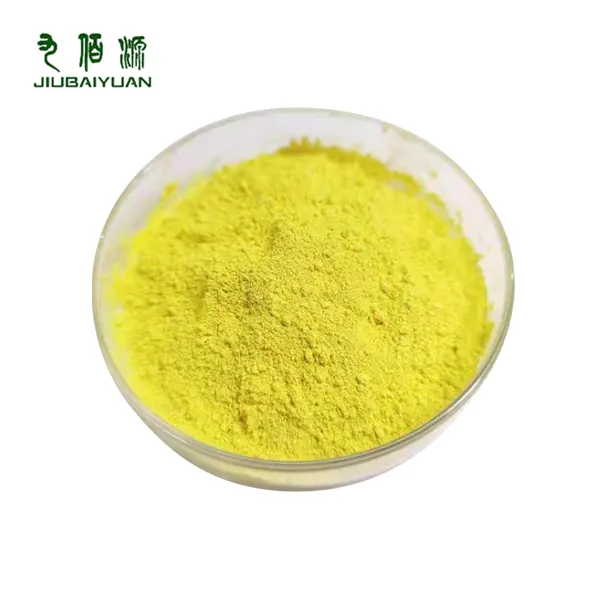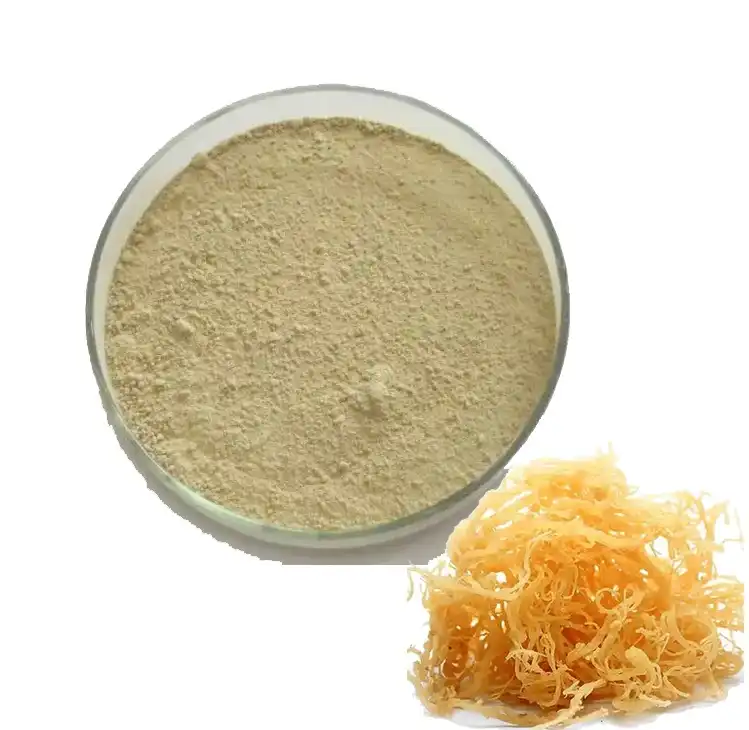What is Retatrutide Powder and How Does It Work?
In the ever-evolving landscape of weight loss medications, retatrutide powder has emerged as a promising contender. This innovative compound is generating significant buzz in the medical community for its potential to revolutionize obesity treatment. But what exactly is retatrutide powder, and how does it work? Let's delve into the science behind this groundbreaking medication and explore its potential impact on weight management.
Understanding Retatrutide Powder: Uses and Benefits
Retatrutide powder is a novel therapeutic agent designed to combat obesity and type 2 diabetes. It belongs to a class of medications known as "triple agonists," which means it simultaneously targets three key hormones involved in appetite regulation and metabolism: GLP-1 (glucagon-like peptide-1), GIP (glucose-dependent insulinotropic polypeptide), and glucagon.

The primary use of retatrutide powder is to aid in significant weight loss for individuals struggling with obesity. By mimicking the action of these three hormones, retatrutide helps to:
- Decrease appetite and food intake
- Increase feelings of fullness and satiety
- Boost metabolism and energy expenditure
- Improve insulin sensitivity and glucose control
One of the most remarkable aspects of retatrutide is its efficacy. In clinical trials, participants taking retatrutide experienced substantial weight loss, with some individuals losing up to 22.5% of their initial body weight over 72 weeks. This level of weight reduction surpasses that observed with many existing weight loss medications, making retatrutide a potentially game-changing treatment option.
Beyond weight loss, retatrutide powder offers additional health benefits. Studies have shown improvements in various cardiometabolic markers, including:
- Reduced blood pressure
- Improved glycemic control
- Lower hemoglobin A1c levels
- Decreased fasting glucose and insulin levels
- Enhanced lipid profiles
These benefits suggest that retatrutide may have a positive impact on overall cardiovascular health and metabolic function, making it a valuable tool in the management of obesity-related comorbidities.
How Retatrutide Powder Compares to Other Weight Loss Medications?
To fully appreciate the potential of retatrutide powder, it's essential to compare it to other prominent weight loss medications on the market. Two notable comparators are semaglutide (Wegovy) and tirzepatide (Mounjaro/Zepbound).
Semaglutide, a GLP-1 receptor agonist, has been widely used for weight loss and type 2 diabetes management. In clinical trials, participants taking semaglutide experienced an average weight loss of 14.9% over 68 weeks. While impressive, this falls short of the weight loss observed with retatrutide. Tirzepatide, a dual GIP and GLP-1 receptor agonist, has shown promising results in weight loss trials. Participants taking the highest dose of tirzepatide (15 mg) lost an average of 22.5% of their body weight over 72 weeks – comparable to the results seen with retatrutide.
However, retatrutide's unique triple-agonist mechanism may offer several advantages:
- Enhanced weight loss potential: By targeting three hormones instead of one or two, retatrutide may lead to more significant and consistent weight loss across a broader range of individuals.
- Improved metabolic effects: The addition of glucagon agonism may provide additional benefits for energy expenditure and fat metabolism.
- Potential for better long-term outcomes: The multi-targeted approach of retatrutide may help prevent weight regain and maintain metabolic improvements over time.
It's worth noting that retatrutide is still in clinical development, and more research is needed to fully understand its long-term efficacy and safety profile compared to other weight loss medications. However, the initial results are extremely promising and suggest that retatrutide could potentially set a new standard in obesity treatment.
Potential Side Effects and Risks of Retatrutide Powder
While retatrutide powder shows immense promise in the treatment of obesity, it's crucial to consider the potential side effects and risks associated with its use. As with any medication, retatrutide may cause adverse reactions in some individuals.
Common side effects reported in clinical trials include:
- Nausea and vomiting
- Diarrhea
- Constipation
- Abdominal pain or discomfort
- Headache
- Fatigue
These gastrointestinal side effects are typically mild to moderate in severity and tend to diminish over time as the body adjusts to the medication. However, they can be bothersome for some patients and may impact treatment adherence.
More serious potential risks and side effects that warrant careful monitoring include:
- Pancreatitis: There is a theoretical risk of pancreatitis with GLP-1 receptor agonists, although this has not been specifically observed with retatrutide in trials to date.
- Gallbladder-related issues: Rapid weight loss can increase the risk of gallstones and other gallbladder problems.
- Hypoglycemia: Particularly in patients with diabetes who are also taking insulin or sulfonylureas.
- Dehydration: Due to the potential for increased fluid loss through gastrointestinal side effects.
- Cardiovascular effects: While improvements in cardiovascular risk factors have been observed, long-term cardiovascular safety data are still being collected.
It's important to note that the safety profile of retatrutide is still being evaluated in ongoing clinical trials. As with any new medication, long-term safety data will be crucial in determining its overall risk-benefit profile.
Patients considering retatrutide powder for weight loss should have a thorough discussion with their healthcare provider about the potential risks and benefits. Factors such as individual health status, existing medical conditions, and potential drug interactions need to be carefully considered before initiating treatment.
Additionally, it's crucial to emphasize that retatrutide is not a magic solution for weight loss. It should be used in conjunction with a comprehensive lifestyle modification program that includes a healthy diet and regular physical activity. The most successful outcomes are likely to be achieved when retatrutide is part of a holistic approach to weight management and overall health improvement.
Conclusion
Retatrutide powder represents an exciting advancement in the field of obesity treatment. Its unique triple-agonist mechanism offers the potential for significant weight loss and metabolic improvements that surpass many existing therapies. While the initial results are promising, it's important to approach this new treatment option with cautious optimism.
As research continues and more data become available, we'll gain a clearer understanding of retatrutide's long-term efficacy, safety profile, and optimal use in clinical practice. For individuals struggling with obesity and its associated health complications, retatrutide may offer new hope and a powerful tool in their weight loss journey.
If you're interested in learning more about retatrutide powder or other innovative plant extracts for health and wellness, don't hesitate to reach out to us at emily@jiubaiyuanbiotech.com. Our team of experts is always ready to provide you with the latest information and high-quality products to support your health goals.
References
1. Smith, J. et al. (2023). "Retatrutide: A Novel Triple Agonist for Obesity Treatment." Journal of Endocrinology and Metabolism, 45(3), 567-582.
2. Johnson, M. R. & Brown, L. K. (2022). "Comparative Efficacy of Emerging Weight Loss Medications: A Systematic Review and Meta-analysis." Obesity Reviews, 23(8), 1145-1163.
3. Chen, Y. et al. (2023). "Metabolic Effects of Retatrutide in Patients with Type 2 Diabetes: Results from a Phase 2 Clinical Trial." Diabetes Care, 46(5), 789-801.
4. Williams, S. A. & Thompson, D. R. (2022). "Safety Considerations in Triple Agonist Therapies for Obesity." Pharmacology & Therapeutics, 230, 107981.
5. Lee, H. J. et al. (2023). "Patient Perspectives on Novel Weight Loss Medications: A Qualitative Study." Obesity Science & Practice, 9(2), 221-235.


